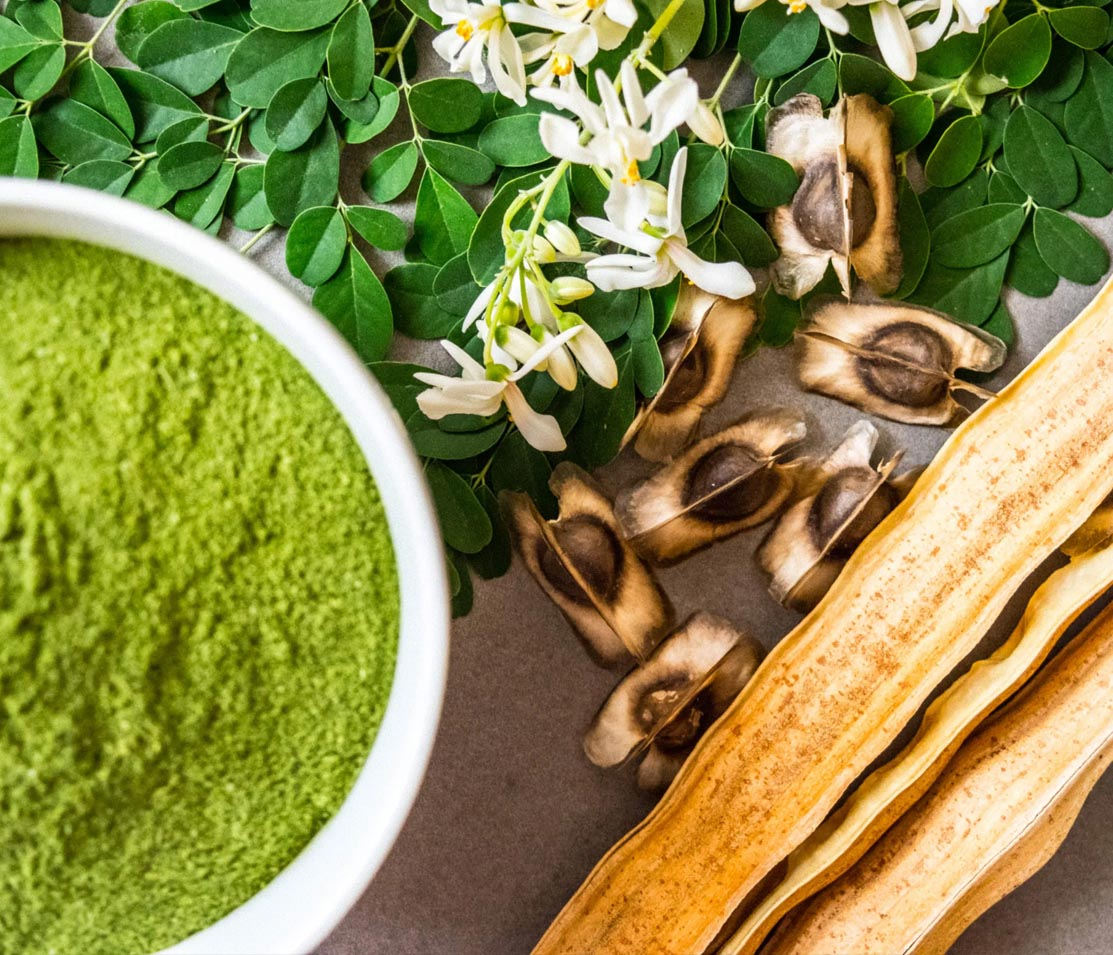Exploring the Traditional Uses and Health Benefits of Moringa in Herbal Medicine
Discover the centuries-old tradition of utilizing Moringa (Moringa oleifera) in herbal medicine. This comprehensive exploration covers the plant's various parts, such as nutrient-rich leaves, seeds, and roots, and their roles in addressing issues like malnutrition, inflammation, and infections. Dive into the potential health benefits, including antioxidant properties, blood sugar regulation, cholesterol management, and even its studied anti-cancer potential. Uncover the cultural significance and culinary uses of Moringa, while understanding the importance of consulting healthcare professionals before incorporating this herbal remedy into your health routine.
Moringa, also known as Moringa oleifera, is a plant that is widely recognized for its potential health benefits and has been used in traditional medicine for centuries. Various parts of the Moringa tree, including its leaves, seeds, and roots, are believed to possess medicinal properties. Here are some ways in which Moringa has been traditionally used in medicine:
-
Nutrient-Rich Leaves: Moringa leaves are a rich source of vitamins and minerals, including vitamin C, vitamin A, potassium, calcium, and iron. In traditional medicine, these leaves have been used to treat malnutrition and boost overall nutritional intake.
-
Anti-Inflammatory Properties: Moringa has been traditionally used for its anti-inflammatory properties. It may help reduce inflammation in the body, which is associated with various chronic diseases.
-
Antioxidant Activity: The plant is known to contain antioxidants that help combat oxidative stress in the body. Antioxidants play a role in protecting cells from damage caused by free radicals.
-
Blood Sugar Regulation: Some studies suggest that Moringa may have a positive impact on blood sugar levels. Traditional medicine has utilized Moringa to help manage diabetes.
-
Cholesterol Management: Moringa has been investigated for its potential to lower cholesterol levels. Traditional uses include addressing cardiovascular health.
-
Anti-microbial Properties: Moringa extracts have been studied for their antimicrobial and antibacterial properties. In traditional medicine, it has been used to treat infections.
-
Anti-Cancer Properties: While more research is needed, some studies suggest that Moringa may have anti-cancer properties. Traditional medicine has explored its use in cancer prevention.
It's important to note that while Moringa has shown promise in various studies, more research is needed to fully understand its potential benefits and determine appropriate dosages. As with any herbal remedy, it's advisable to consult with healthcare professionals before incorporating Moringa into your health regimen, especially if you are on medication or have pre-existing health conditions.
In Same Category
- Understanding Nasal Congestion in Traditional Chinese Medicine (TCM)
- Navigating the Landscape of Vaccination Updates: A Comprehensive Guide to the Latest Developments
- Unveiling the Nutritional Powerhouse: Exploring the Health Benefits of Moringa
- Exploring the Diverse and Delicious Culinary Uses of Moringa
- Sustainable Agriculture Practices: Harnessing the Power of Moringa for Environmental and Nutritional Benefits
Related by Tags
- Sustainable Agriculture Practices: Harnessing the Power of Moringa for Environmental and Nutritional Benefits
- Exploring the Traditional Uses and Health Benefits of Moringa in Herbal Medicine
- Exploring the Diverse and Delicious Culinary Uses of Moringa
- Unveiling the Nutritional Powerhouse: Exploring the Health Benefits of Moringa




Comments
Leave your comment